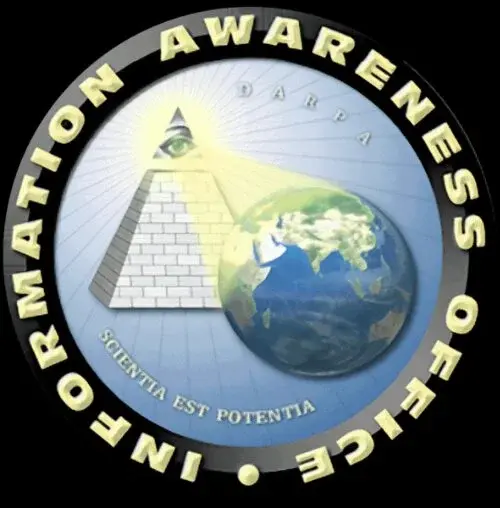The Biden administration is working to expedite widespread adoption of digital IDs, including driver’s licenses, a draft executive order indicates.
Digital IDs are a contentious concept primarily because of the concentration of – eventually – the entirety of people’s sensitive private information in centralized databases controlled by the government, and on people’s phones, “client-side.”
That in turn brings up the issues of technical security, but also privacy, and the potential for dystopian-style mass surveillance.
Proponents, on the other hand, like to focus on the “convenience” that such a shift from physical to digital personal documents is promised to bring.
In the US, some states have started this process via digital driver’s licenses, and the executive order is urging (“strongly encouraging”) both federal and state authorities to accelerate this, as well as other types of digital ID.
Where this policy seems to be converging to is coming up, at long last, with a functional way to carry out online identity verification. Namely, digital ID would be combined with biometric data obtained through facial recognition, and other forms of biometrics harvesting.
Centralization of data – opponents say to better control it, even if that makes it less secure – is a key component of these schemes, and so the Biden executive order speaks about making it obligatory for federal agencies to join “a single government-run identity system, Login.gov,” reports say.
It is also noted that Biden initially mentioned such an executive order was coming during his 2022 State of the Union speech, but the wording reportedly became a cause of contention.
Now, that seems to have been resolved, and the only question for the administration is when Biden should sign the order, the same sources who saw the text, report.
At the same time, as states are launching their own (partial) digital ID programs, an increasing number are looking for ways to introduce online age verification and are enacting laws to this effect.
A federal-level digital ID scheme would help in these efforts to solve the “problem” of online anonymity – and in the process forever change the internet as we know it.



But things like drivers licenses are already held in government controlled databases? I don’t see the issue.
Are they attempting to do away with physical cards or add the functionality of people being able to store them digitally on their phone?
I can see it being a possible issue if they are trying to get rid of the cards completely, since you may not always have your phone on you and charged, but if it’s just adding the ability to have a digital card as well I don’t see the issue.
Article isn’t opening for me.